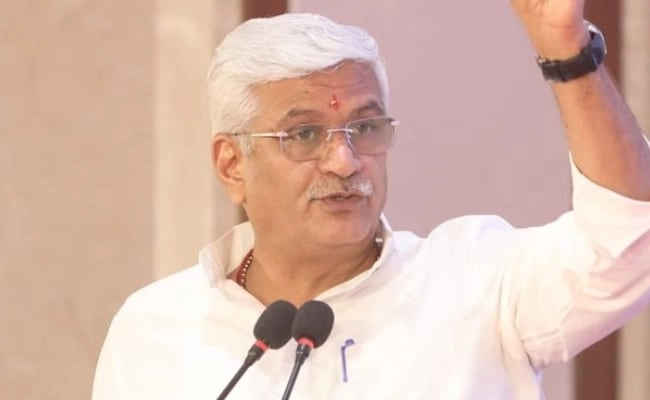The recent terror attack in Pahalgam has escalated tensions between India and Pakistan, leading to significant geopolitical ramifications. In response to the incident, which involved an assault on Indian security forces, the Indian government announced the suspension of the Indus Waters Treaty, a critical agreement governing the sharing of water resources from the Indus River system. This treaty, established in 1960, has long been a cornerstone of water management between the two nations, providing a framework for the equitable distribution of river waters. The suspension marks a severe shift in diplomatic relations, further complicating an already strained bilateral dialogue.
Pakistan’s reaction to India’s suspension of the treaty was swift and pointed. Officials characterized India’s move as an “act of war,” underscoring the seriousness with which they view the implications of disrupting water flow across shared rivers. The Indus Waters Treaty has been regarded as a symbol of cooperation despite the longstanding enmity between the two nations. By taking such a drastic step, India signals its intent to leverage water resources as a strategic tool in the ongoing conflict, a tactic that could have severe consequences for millions of civilians who depend on these waters for agriculture, drinking, and livelihood.
This escalation not only affects the immediate region but also raises concerns on the international stage. Observers fear that the suspension of the treaty could lead to further military confrontations, as both nations may feel compelled to assert their claims over resources more aggressively. The potential for water scarcity, exacerbated by climate change and population pressures, adds another layer of complexity to the situation. The international community, particularly nations with vested interests in South Asian stability, will be closely monitoring developments, as any further deterioration in relations could destabilize the entire region.
In light of these tensions, dialogue and diplomacy remain critical. While both nations have their grievances and security concerns, the need for constructive engagement is more urgent than ever. The Indus Waters Treaty has historically provided a platform for negotiation and conflict resolution, and its suspension threatens to undermine decades of progress in water-sharing agreements. Stakeholders must recognize that the consequences of inaction could be dire, with potential humanitarian crises stemming from both military conflict and water scarcity looming on the horizon. As such, it is imperative for both India and Pakistan to seek avenues for de-escalation and renewed dialogue to avert a further breakdown of relations.




